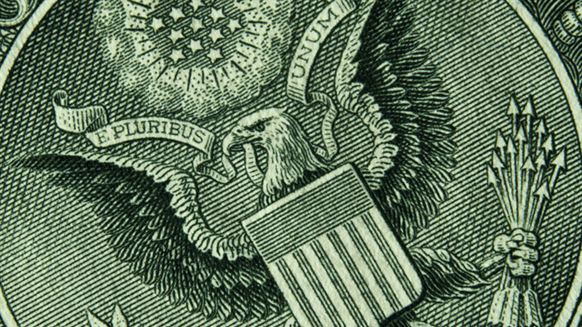
(Bloomberg) -- Oil recovered some of its losses following the biggest drop in almost seven weeks as investors attempted to gauge the economic impact of the fast-spreading coronavirus and the potential response from producers.
Futures in New York staged a partial recovery after tumbling 3.7% Monday amid a broad market selloff driven by a sharp uptick in cases and deaths from the virus in South Korea, the Middle East and Europe. Prices extended their recovery after Saudi Energy Minister Prince Abdulaziz bin Salman expressed confidence in the OPEC+ partnership, while saying the group hasn’t made a decision yet on whether to extend or modify its production-cut agreement.
Crude had rallied over the past couple of weeks on optimism the virus would be mainly contained within China and the global economy would avoid a major slowdown. Those assumptions are now in doubt following the rapid spread over the past few days, which is also likely to put more pressure on OPEC and its allies to take action to stabilize oil markets.
“Sentiment took a beating overnight and I suspect there’s a bit more to come, considering the growth indicators we’ve seen outside China,” said Daniel Hynes, senior commodity strategist at ANZ Banking Group Ltd. in Sydney. “Up until now, concern had been centered on China itself and this does raise the stakes a fair bit.”
West Texas Intermediate for April delivery rose 0.9% to $51.88 a barrel on the New York Mercantile Exchange as of 7:32 a.m. in London. It slumped $1.95 on Monday to close at $51.43, the lowest since Feb. 13.
Brent for April settlement added 0.9% to $56.83 on the ICE Futures Europe exchange after falling 3.8% on Monday. The global crude benchmark traded at a $4.95 premium to WTI.
Kuwait and Bahrain confirmed their first cases of the coronavirus as the worldwide infection toll rose past 80,000. The head of the World Health Organization called the outbreak’s spread “deeply concerning,” but said it wasn’t a pandemic yet.
Vitol Group, the world’s biggest independent oil trader, estimates the virus is currently reducing China’s oil demand by about 4 million barrels a day, or around 4% of global consumption. While Vitol and others are positioning for a demand rebound, forecasts for when that will come may now need to be pushed back as the outbreak goes global.
Russia -- which had asked for more time before committing to additional production cuts recommended by OPEC+ officials -- may be forced to agree to the reductions if the rapid spread of the virus pushes oil prices down further, according to Vandana Hari, the founder of Vanda Insights in Singapore.
--With assistance from James Thornhill.
To contact the reporter on this story:
Ann Koh in Singapore at akoh15@bloomberg.net
To contact the editors responsible for this story:
Serene Cheong at scheong20@bloomberg.net
Alexander Kwiatkowski




No comments:
Post a Comment